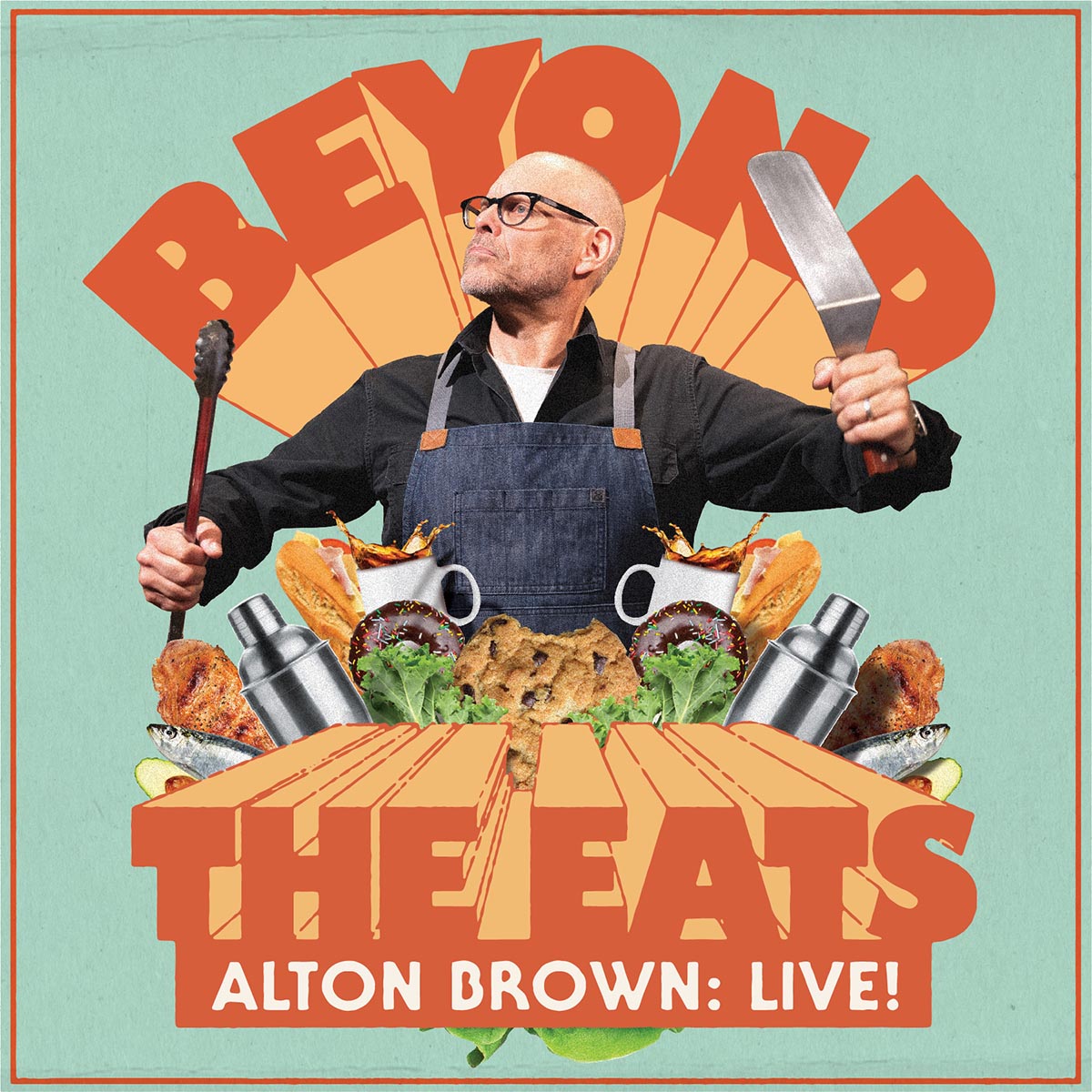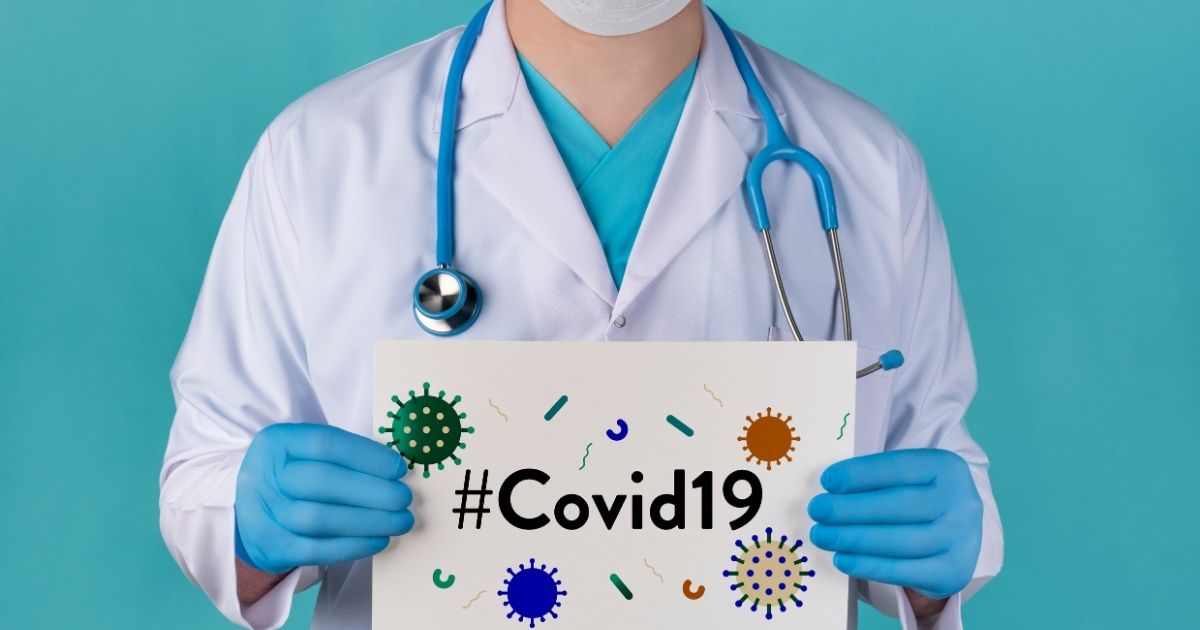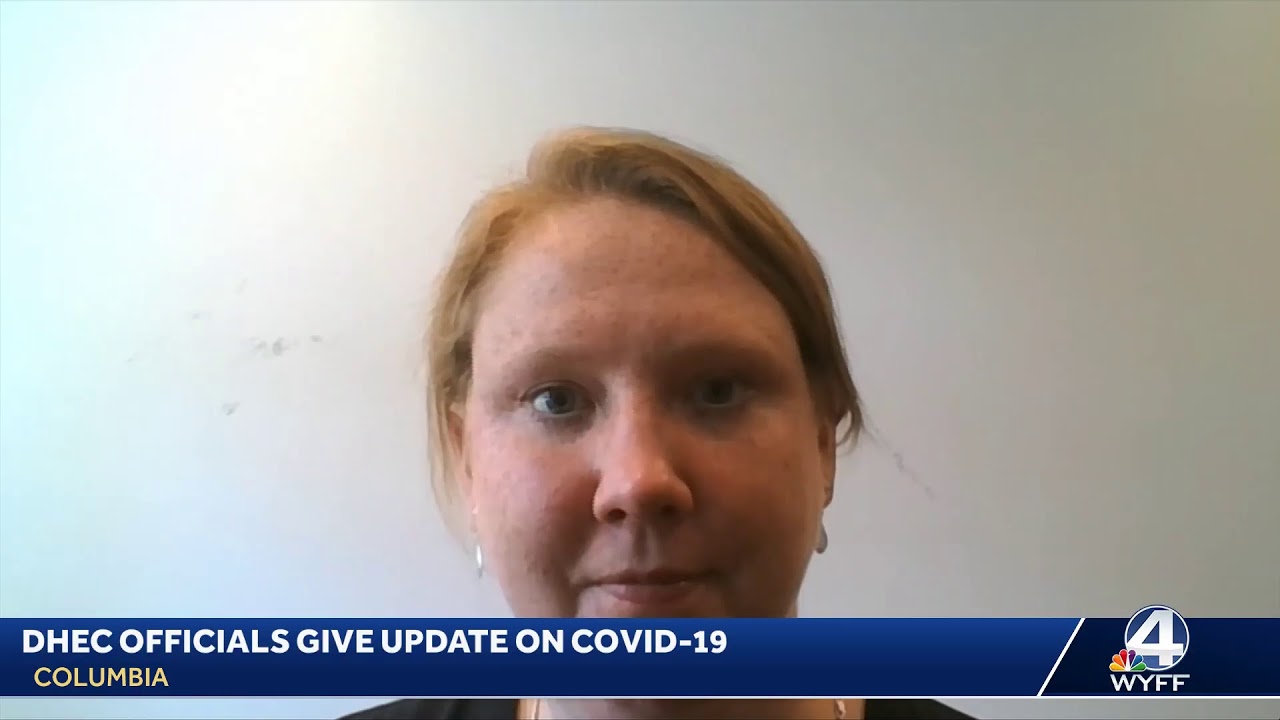Like a lot of people, Jessica Fry loved horses when she was a child. Unlike most people, though, Fry has taken that love and used it to give back to her community in spades.
In 2015, Fry and a group of dedicated volunteers launched a nonprofit called Wild Hearts Equine Therapy Center in Seneca, South Carolina. At Wild Hearts, Fry and her staff provide innovative and customized equine-assisted therapeutic programs for those dealing with physical disabilities, PTSD, behavioral or social issues and abuse.
“If we have a client who comes to us with trauma, they might need a session with one volunteer and a facilitator,” Fry says. “They go out into a pasture and just sit or work on breathing or listen to music while brushing their horse, or maybe we’ll do some rhythmic riding. And then when we have someone with physical disabilities come out, we will typically try to help them use muscles that they don’t use in everyday life due to their disability. We get them up on a horse and start movement so that they are using those muscles, and then as they do that week after week those muscles become stronger.”
Wild Hearts started with three horses and one client back in 2015, and today it has around 50 clients partnering with more than 20 horses every week. And “partnering” is a word that Fry and her 35 volunteers take very seriously.
“What we do is we go out and get certifications in all these different therapy modalities,” she says, “and then we partner with horses. We don’t use them; we partner with them just like you would with a friend. It involves a lot of research, a lot of speaking with counselors, a lot of speaking with veterans, a lot of beating feet around town and a lot of continuing education. That’s the basis of our programs.”
Equine therapy involves a wide array of approaches, from clients forming emotional bonds with the horses to care and grooming to studying their movements to rhythmic riding, but Fry says that the therapy often starts before any formal sessions have begun.
“I’m going to tell you about the science behind it,” Fry says. “We all have a heart, and all the horses have hearts. When they’re happy and safe, a horse’s heartbeat is between 24-44 beats per minute; that’s really low. When a human has anxiety or trauma, their heartbeat is between 180-200. Most of our clients would be diagnosed with anxiety or PTSD, so they have very high heartbeats, but when they come to our farm, before therapy even starts, when they’re just around these horses, it brings the human heartbeats down, and that brings a feeling of joy.”
And as it turns out, the staff, not to mention the horses who call Wild Heart’s 34-acre property their home, are getting some therapy, as well.
“All of our horses are rescues,” Fry says. “And we get them from various situations. They have past trauma, and all we do is set up an environment that is consistent and clear. Our horses know what they can expect from us from day to day, and we know what to expect from them. They need to feel safe, and in order to do that we have to be consistently calm. And it helps us become better humans in general when we take that level of calm and consistency into our everyday lives.”

In addition to offering equine therapy, Wild Hearts has also become a symbol of female empowerment in a business that’s largely male-dominated. The center works with both a female blacksmith (Shearer Wludyka of Stonehenge Forge & Farriery) and a female equine surgeon (Dr. Alexandra Tracey of Palmetto Equine Veterinary Services).
“It’s typically a fairly male-oriented industry,” Fry says. “There are a lot of men horse trainers, a lot of men equine surgeons, and a lot of male blacksmiths that make their own shoes and put them on horses. The fact that we are all women and we do all of this incredible stuff in the horse industry makes me pretty proud.”
The post Horses and hearts connect at Wild Hearts Equine Therapy Center appeared first on UPSTATE BUSINESS JOURNAL.












